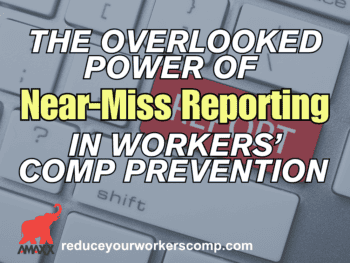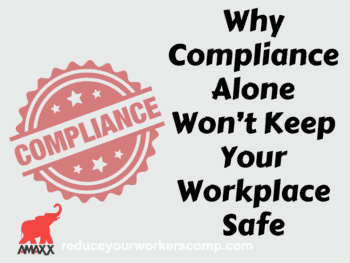Winter is not the only time that employers need to make plans for their employees’ safety due to weather concerns. As the weather warms up, employers also need to make sure their safety plans and trainings reflect appropriate issues for their climate, especially if they have employees who work outdoors or may be traveling on the job.
Sunscreen
Sunlight contains harmful ultraviolet (UV) radiation that can cause cancer. Melanoma, or skin cancer, is a common yet preventable form of cancer that can be deadly if left untreated. Encourage your employees to have all suspicious moles, skin patches and sores checked out by a dermatologist.
Sunscreen should be used year round, not just in summer. However, it is especially important for your employees to apply sunscreen when outside more in warmer weather. Sunscreen should be applied to all exposed skin. People frequently forget to apply sunscreen to areas such as ears and backs of hands.
Choose a sunscreen with a broad spectrum protection factor (SPF) value of 30 or higher. No sunscreen is completely waterproof so it should be frequently reapplied, especially when sweating or getting wet. Make sure that the expiration date has not passed so that the active ingredients are still effective.
Avoiding UV Rays
Besides sunscreen, OSHA has the following tips to block out UV rays:
• Cover up. Wear tightly-woven clothing that blocks out light.
• Wear a hat. A wide brim hat (not a baseball cap) is ideal because it protects the neck, ears, eyes, forehead, nose and scalp.
• Wear UV-absorbent shades.
• Limit exposure. UV rays are most intense between 10 a.m. and 4 p.m.
OSHA has a free downloadable card with practical tips for guarding against UV radiation and skin cancer called “Protecting Yourself in the Sun” available at https://www.osha.gov/Publications/OSHA3166/osha3166.html
Heat Related Illnesses
High temperatures, humidity, physical exertion and insufficient water intake can lead to heat related illnesses.
The two most serious heat related illnesses are heat exhaustion and heat stroke.
Heat stroke is the most critical heat related illness. It is a medical emergency that may result in death. CALL 911! It happens when the body’s temperature regulating system fails and body temperature rises to critical levels.
Symptoms of heat stroke include:
• confusion
• irrational behavior
• loss of consciousness
• abnormally high body temperature
• hot, dry skin
• profuse sweating
Heat exhaustion is also a medical emergency that should be treated immediately by a medical professional.
Symptoms of heat exhaustion include:
• headache
• nausea
• dizziness
• weakness
• thirst
• irritability
• heavy sweating
• decreased urine output
• elevated body temperature
OSHA recommends many preventive measures to avoid heat related illnesses. These include reducing physical exertion, wearing light, loose-fitting clothing and providing workers with water and regular rest periods in a cool recovery area. All supervisors should be trained in avoiding heat related illnesses and conduct regular training sessions with their crews. Safety plans should include the address and directions to the nearest medical facilities, especially when offsite or in the field. All vehicles should include first aid kits and extra water.
OSHA has several fact sheets and pocket cards for employers and workers to help avoid heat related illnesses. Many of these are printed in English, Spanish and Vietnamese. They are available on OSHA’s publications page at https://www.osha.gov/pls/publications/publication.html
Author Michael B. Stack, CPA, Principal, Amaxx Risk Solutions, Inc. is an expert in employer communication systems and part of the Amaxx team helping companies reduce their workers compensation costs by 20% to 50%. He is a writer, speaker, and website publisher. www.reduceyourworkerscomp.com. Contact: mstack@reduceyourworkerscomp.com.
©2014 Amaxx Risk Solutions, Inc. All rights reserved under International Copyright Law.
WORK COMP CALCULATOR: http://www.LowerWC.com/calculator.php
MODIFIED DUTY CALCULATOR: http://www.LowerWC.com/transitional-duty-cost-calculator.php
WC GROUP: http://www.linkedin.com/groups?homeNewMember=&gid=1922050/
SUBSCRIBE: Workers Comp Resource Center Newsletter
Do not use this information without independent verification. All state laws vary. You should consult with your insurance broker, attorney, or qualified professional.



























